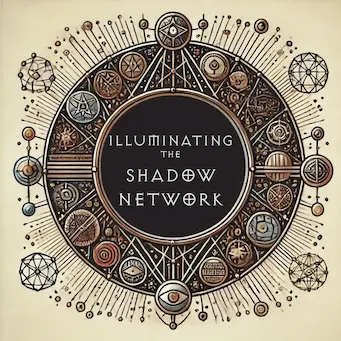Victoria Coates
Role: Contributor
Position: Former Deputy National Security Advisor
Background:
Victoria Coates served as the Deputy National Security Advisor for the Trump administration, where she played a key role in shaping U.S. foreign policy, particularly in the Middle East. Prior to this, she was a senior director at the National Security Council (NSC) for the Middle East and North Africa. Coates has a background in art history, holding a PhD from the University of Pennsylvania, and she previously worked as an art historian and political consultant. She also served as a senior advisor to the Secretary of Energy after leaving the NSC.
Relation to Trump:
Victoria Coates was deeply involved in the Trump administration’s national security and foreign policy strategy. Her role as Deputy National Security Advisor placed her at the heart of key decisions and initiatives, aligning her closely with the administration’s policies. After her tenure at the NSC, she continued to influence policy as a senior advisor at the Department of Energy, focusing on energy security during a turbulent time for global oil markets.
Scandals or Controversies:
Coates was involved in a significant controversy when she was reassigned from the NSC to the Department of Energy amid rumors that she was the author of the anonymous New York Times op-ed and book critical of the Trump administration. Although she denied these allegations, the reassignment fueled speculation and media scrutiny. The situation was further complicated by a memo penned by Trump’s trade adviser, Peter Navarro, falsely accusing her of being the anonymous author. Despite these challenges, Coates has continued her career without major personal scandals following this incident.
Potential Concerns:
Coates’ background in art history, while diverse, may be seen as unconventional for a role in national security. Her involvement in contentious policy decisions during her time at the NSC and Department of Energy has attracted scrutiny from those who disagreed with the Trump administration’s foreign policy approach. Additionally, the controversy surrounding the anonymous op-ed may raise questions about the internal dynamics and decision-making processes within the Trump administration.


